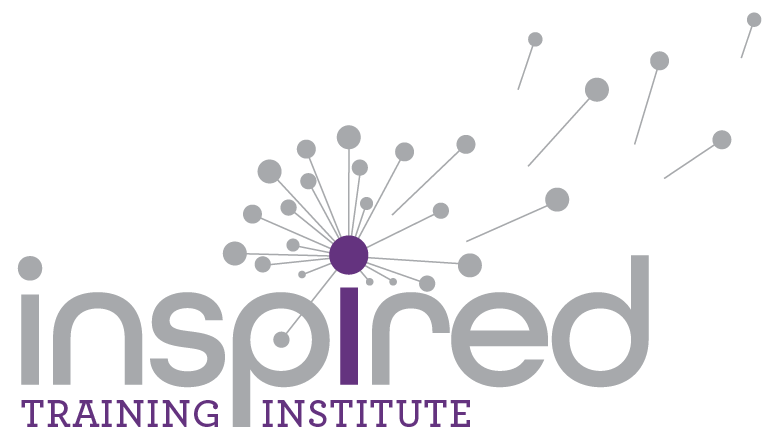The Dog Days of Work
In the midst of these dog days of summer – the heat index is 99 degrees in Green Bay, Wisconsin, as I write this – I thought it appropriate to write another canine-inspired blog. One day I will stop blogging about lessons from my puppy, Lulu, but today is not that day. Today I am reflecting upon Lulu’s lessons about the importance of rest.
When I take Lulu for walks on hot days, she occasionally stops walking and simply lays down in an available patch of shade. Sometimes she just lowers her body to the ground, panting, and smiling, like in the picture. Other times, she sploots, stretching her body out long against the cool grass.
My initial reaction is to tug gently at her leash while encouraging her to continue on our journey. Inevitably, I realize how much Lulu is enjoying her little break and give in to her not so subtle request to rest for a few moments.
The rest is good for both of us, of course. Lulu’s little body relaxes while she takes in the exciting sights and curious odors of the outdoors. Sometimes when I let myself settle into our “rest,” I have the presence of mind to wonder why my default setting is to turn walking into a job. I remind myself that there is no award for completing the walk in record time, no additional revenue for limiting the number of rest breaks, and no impact to stakeholders for forcing myself or Lulu to grind on in the heat. In those moments of insight, I intentionally release myself from my workaholic tendencies. I inhale deeply the fresh air, signaling my body and mind to decompress, and I relax with Lulu for a little bit.
Even a few moments of rest can reduce stress, boost creativity, improve productivity, and enhance decision making. Research shows that humans perform best with periods of activity and then rest. The optimal rhythm for greatest productivity, in fact, is 52 minutes of focused work followed by a 17 minute break. In any case, though, research suggests that some type of break is needed after a maximum of 90 minutes of work, which coincides with the biological patterns of our ultradian rhythms.
By now, most of us know that work without rest can lead to unhealthy work habits and poor self-care habits. Those habits can lead to burnout, which compromises our productivity, effectiveness, health, happiness, and overall quality of life.
We forget that we are divine beings who have worth simply because we exist. Our lives are valuable. Period. We have nothing to prove. We can rest. We can take time to restore ourselves in order to enjoy our work, activities, and lives.
Our goal should be to attend to our own bodies and minds enough to know when to take a break without having to rely upon research to inform us of appropriate rest practices. As, I watch how Lulu listens to her body’s need to slow down or rest, I am inspired. I intend to heed the lesson.
How do you know when your body needs to rest? Do you listen to it?


